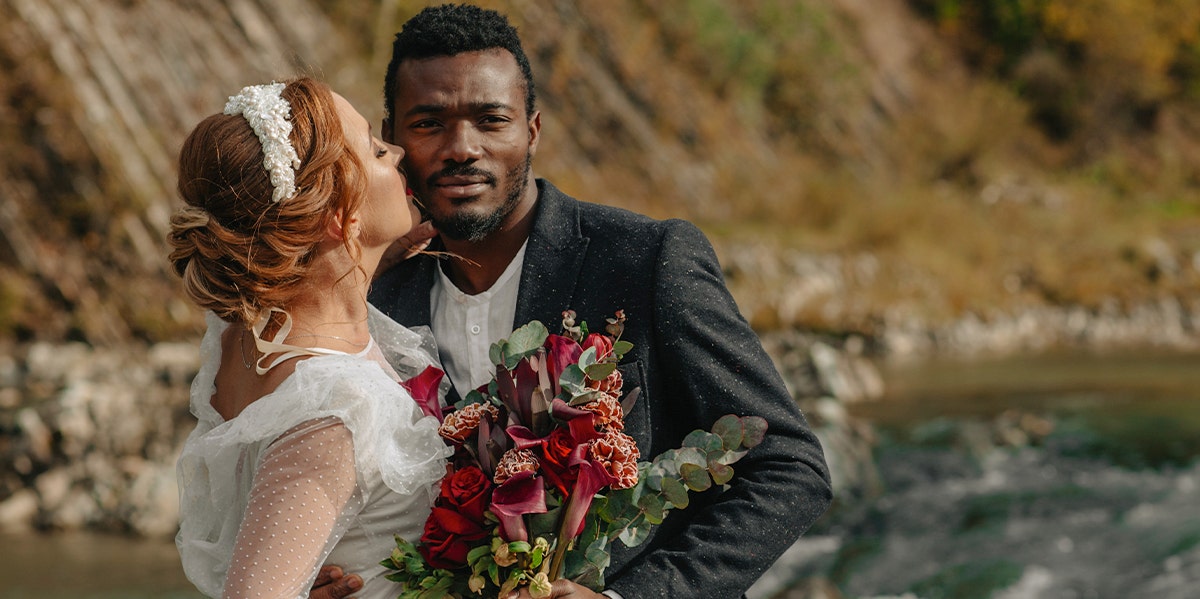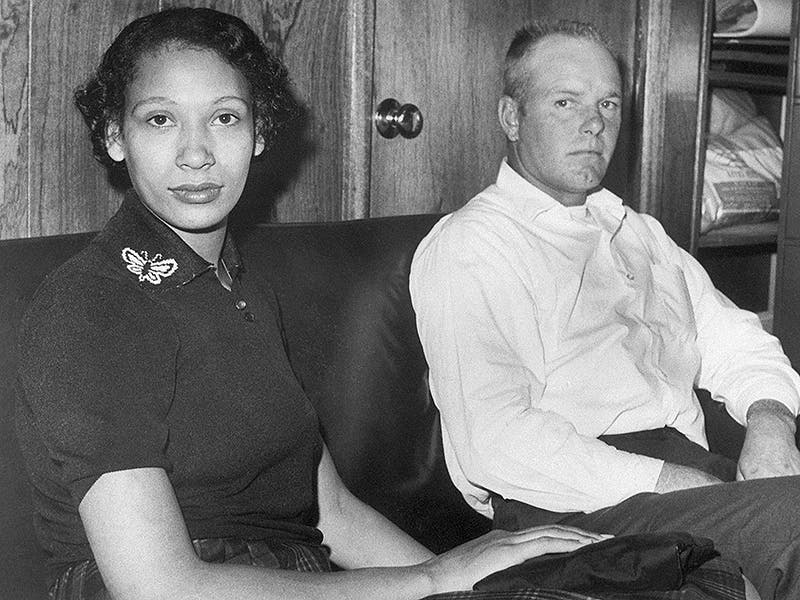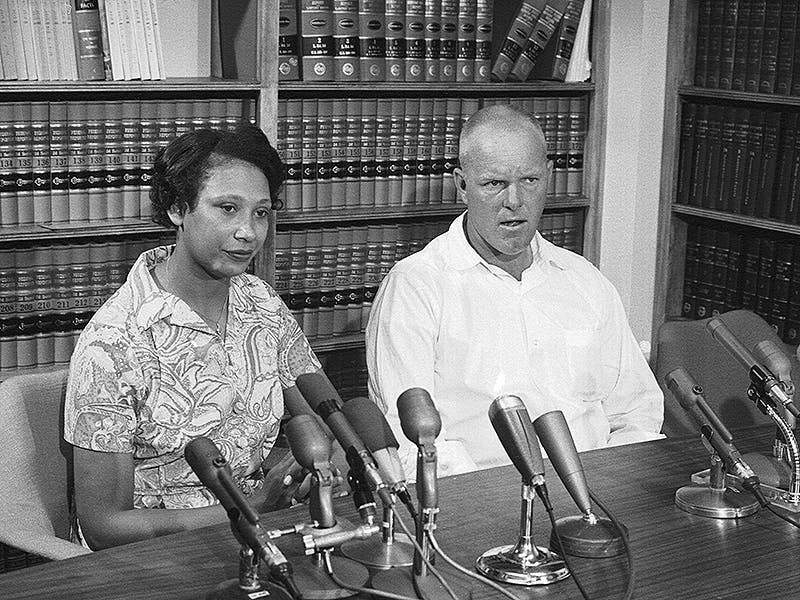Loving Day: The Love Story That Legalized Interracial Marriage
Because everyone has the freedom to marry who they want.
 Dobrunov Nichita Alex / Shutterstock
Dobrunov Nichita Alex / Shutterstock What is Loving Day?
June 12th is the anniversary of Loving v. Virginia (1967), the Supreme Court decision that legalized interracial marriage in the United States.
For some of us, it may seem unfathomable that there was a time when it was illegal to marry someone because of the color of their skin, but this was the reality in many states less than 50 years ago. In fact, the Loving case was often used to support the movement to legalize gay marriage.
The Supreme Court's decision in Loving v. Virginia marks a milestone in the civil rights movement, but it is also the love story of a real couple who fought for their union to be recognized so that they could live in peace and in love together legally, regardless of the color of their skin.
RELATED: Meet Clarence Henderson, Civil Rights Hero And RNC Speaker
Mildred Jeter and Richard Loving were born and raised in Virginia. In the mid-1960s, they fell in love and wanted to get married, but there was only one problem: he was white, she was black.

Photo: Getty Images
Like many other states, Virginia had a law called the Racial Integrity Act of 1924 which prohibited marriage between people of different races. To avoid this roadblock, the couple traveled together to Washington, D.C. to legally marry.
Sound familiar? This was the reality for many gay couples who traveled to different states or countries in order for their union to be recognized in the eyes of the law.
After the Lovings returned to settle in Virginia, an anonymous tip spurred local police to raid their home in the middle of the night in an attempt to catch the couple having sexual intercourse, which was also illegal between members of different races. The officers found the Lovings asleep in bed and they were arrested.
The officers also allegedly discovered the marriage certificate on their bedroom wall, which later became evidence for their alleged crime: "cohabitating as man and wife," a felony punishable by a one- to five-year sentence in prison.
The couple pled guilty to their "crime" and received a suspended sentence of one year — on the condition that they vacate the state of Virginia.
The couple then moved to Washington D.C. but faced many obstacles because racism was rampant everywhere. They were unable to secure their own property or travel together, and they felt the agony of social isolation away from their family and home state.
Finally, Mildred Loving contacted Robert F. Kennedy, Attorney General at the time, who referred her to the ACLU. The ALCU took an interest in their case, appealed to the Virginia Court's decision, and the case eventually made it to the United States Supreme Court.
Though the couple did not appear at oral arguments, Richard Loving sent a simple message to the Court through his attorney: "...tell the Court I love my wife, and it is just unfair that I can't live with her in Virginia."

Photo: Getty Images
The Supreme Court agreed with the Lovings and found that laws like the one in Virginia banning interracial relationships were unconstitutional. In the Court's opinion, Chief Justice Earl Warren described marriage as one of the "basic civil rights of man fundamental to our very existence and survival."
He stated, "Under our Constitution, the freedom to marry, or not marry, a person of another race resides within the individual and cannot be infringed on by the State."
At the time of this decision, 16 states had laws that banned relationships and marriages between interracial couples. Many of these laws and ordinances forbade relationships not only between whites and blacks but between other ethnic groups including Asians, Hispanics, Native Americans, etc.
Thirteen years after the Supreme Court ruled in Brown v. Board of Education (1954) that segregation in public schools was unconstitutional, the Loving v. Virginia decision erased one of the final tenants and laws of a segregated society.
After the Supreme Court's decision, the Lovings lived happily together for a short time until 1975, when Richard Loving was killed in a car accident. Mildred never remarried and passed away in 2008, but not without making another brave showing of support for the right to love and marry whomever you chose.
When the Loving case was referenced in 2007 in the case of Hollingsworth v. Perry, a case that addresses the issue of gay marriage, Mildred Loving issued a statement of support.
"I believe all Americans, no matter their race, no matter their sex, no matter their sexual orientation, should have that same freedom to marry," she said. "I support the freedom to marry for all. That’s what Loving, and loving, are all about."
For more information on Loving Day and to see how you can celebrate, visit LovingDay.org.
Diana Marie Collins is a lawyer, writer, food blogger, and educator. She is a graduate of New York University and Pace Law School. Visit her website for more information.

